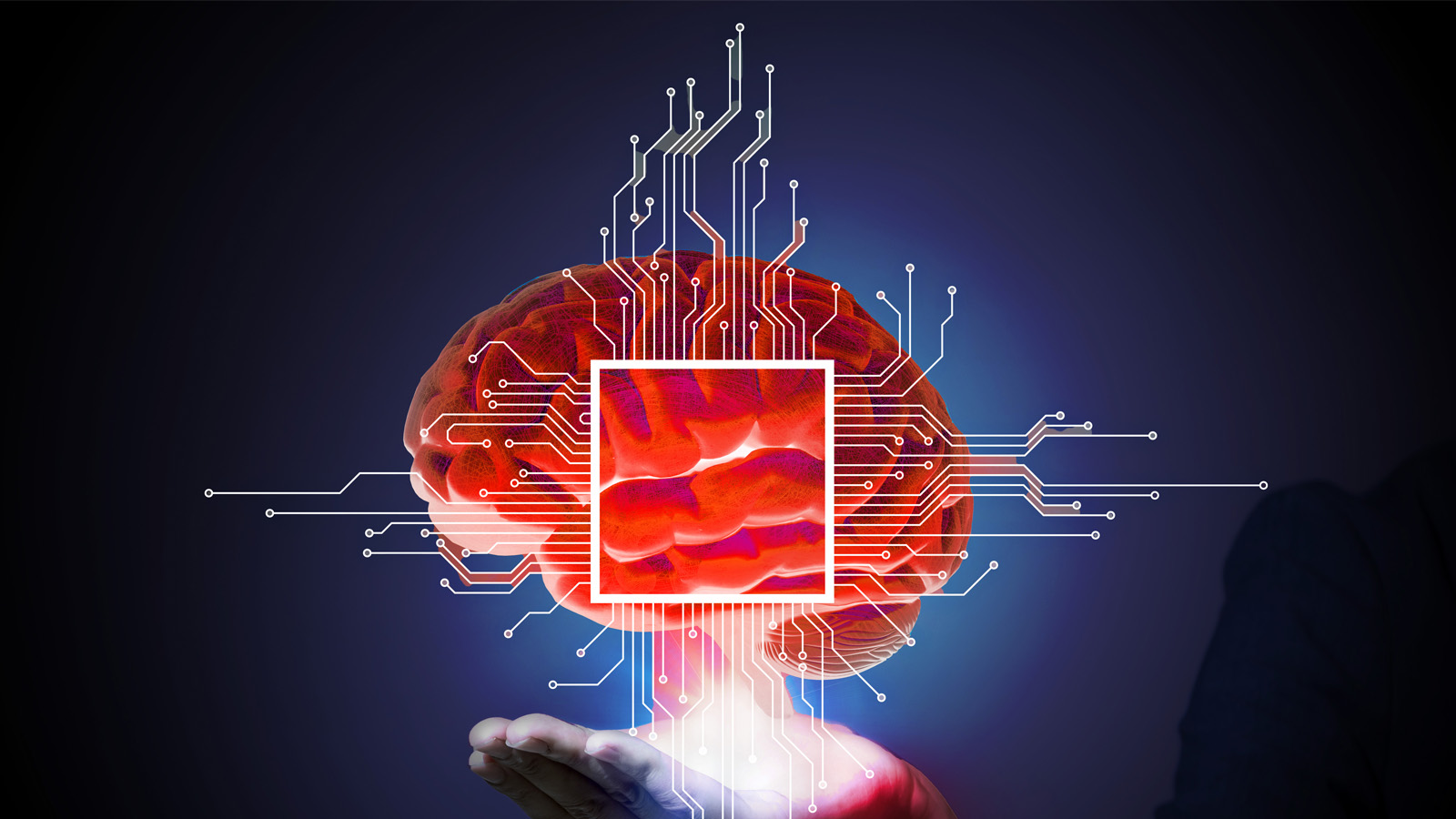Artificial Intelligence (AI) is reinventing education while making finding out more available but also triggering arguments on its impact.
While students hail AI tools like ChatGPT for improving their knowing experience, speakers are raising concerns about the growing reliance on AI, which they argue fosters laziness and undermines academic integrity, specifically with lots of students not able to defend their assignments or provided works.
Prof. Isaac Nwaogwugwu, a lecturer at the University of Lagos, in an interview with Nairametrics, expressed aggravation over the growing reliance on AI-generated actions among trainees stating a recent experience he had.
RelatedStories
Avoid sharing individual details that can identify you with AI tools- Expert cautions
Chinese AI app DeepSeek stimulates worldwide tech selloff, difficulties U.S. AI supremacy
"I provided an assignment to my MBA trainees, and out of over 100 students, about 40% sent the exact same responses. These trainees did not even understand each other, but they all utilized the same AI tool to generate their actions," he stated.
He kept in mind that this pattern is widespread among both undergraduate and postgraduate students but is particularly worrying in part-time and distance knowing programs.
"AI is a serious difficulty when it pertains to projects. Many students no longer think critically-they simply browse the web, generate answers, and submit," he included.
Surprisingly, some lecturers are likewise accused of over-relying on AI, setting a cycle where both teachers and students turn to AI for benefit rather than intellectual rigor.
This argument raises critical questions about the function of AI in scholastic integrity and student development.
According to a UNESCO report, visualchemy.gallery while ChatGPT reached 100 million monthly active users in January 2023, just one country had launched regulations on generative AI as of July 2023.
As of December 2024, ChatGPT had over 300 million people utilizing the AI chatbot each week and 1 billion messages sent out every day worldwide.
Decline of academic rigor
University lecturers are significantly concerned about trainees sending AI-generated projects without truly comprehending the material.
Dr. Felix Echekoba, a lecturer at Nnamdi Azikiwe University, revealed his concerns to Nairametrics about students progressively relying on ChatGPT, just to have a hard time with responding to basic concerns when checked.
"Many students copy from ChatGPT and submit sleek projects, but when asked standard concerns, they go blank. It's frustrating since education is about finding out, not just passing courses," he said.

- Prof. Nwaogwugwu pointed out that the increasing number of first-class graduates can not be entirely credited to AI however admitted that even high-performing trainees utilize these tools.
"A top-notch trainee is a first-rate student, AI or not, but that does not mean they do not cheat. The benefits of AI may be peripheral, but it is making trainees reliant and less analytical," he stated.
- Another speaker, Dr. Ereke, from Ebonyi State University, raised a various issue that some speakers themselves are guilty of the very same practice.
"It's not simply trainees using AI slackly. Some lecturers, out of their own laziness, generate lesson notes, course describes, marking schemes, and even examination questions with AI without examining them. Students in turn use AI to produce answers. It's a cycle of laziness and it is eliminating real knowing," he regreted.
Students' point of views on use
Students, on the other hand, state AI has actually improved their knowing experience by making academic products more understandable and accessible.
- Eniola Arowosafe, a 300-level Business Administration student at Unilag, shared how AI has substantially aided her learning by breaking down complex terms and offering summaries of lengthy texts.
"AI helped me comprehend things more easily, especially when handling complex subjects," she described.

However, she remembered a circumstances when she utilized AI to send her project, just for her lecturer to instantly recognize that it was generated by ChatGPT and reject it. Eniola noted that it was a good-bad result.
- Bryan Okwuba, who just recently finished with a first-class degree in Pharmacy Technology from the University of Lagos, securely believes that his academic success wasn't due to any AI tool. He attributes his impressive grades to actively appealing by asking concerns and concentrating on locations that lecturers emphasize in class, as they are frequently reflected in examination concerns.
"It's everything about existing, focusing, and tapping into the wealth of understanding shared by my associates," he said,
- Tunde Awoshita, a final-year marketing trainee at UNIZIK, admits to sometimes copying directly from ChatGPT when dealing with several due dates.
"To be truthful, there are times I copy directly from ChatGPT when I have several due dates, and I understand I'm guilty of that, many times the lecturers do not get to check out them, however AI has also helped me discover much faster."
Balancing AI's role in education
Experts believe the service lies in AI literacy; teaching trainees and lecturers how to utilize AI as a learning help rather than a shortcut.
- Minister of Education, Dr. Tunji Alausa, highlighted the combination of AI into Nigeria's education system, stressing the significance of a balanced approach that keeps human involvement while harnessing AI to enhance learning outcomes.
"As we browse the quickly developing landscape of Expert system (AI), it is essential that we prioritise human company in education. We need to make sure that AI boosts, instead of replaces, educators' vital role in forming young minds," he said
Dorcas Akintade, a cybersecurity transformation professional, dealt with growing issues concerning the use of expert system (AI) tools such as ChatGPT and their prospective threats to the instructional system.
- She acknowledged the advantages of AI, however, highlighted the requirement for caution in its usage.
- Akintade highlighted the increasing hesitance among teachers and schools towards incorporating AI tools in finding out environments. She recognized two primary reasons why AI tools are prevented in academic settings: security threats and plagiarism. She explained that AI tools like ChatGPT are trained to react based on user interactions, which may not align with the expectations of educators.
"It is not taking a look at it as a tutor," Akintade stated, describing that AI does not cater to specific mentor approaches.

Plagiarism is another problem, as AI pulls from existing information, often without proper attribution
"A lot of individuals need to comprehend, like I said, this is data that has actually been trained on. It is not simply bringing things out from the sky. It's bringing information that some other individuals are fed into it, which in essence suggests that is another individual's paperwork," she cautioned.
- Additionally, Akintade highlighted an early problem in AI development understood as "hallucination," where AI tools would generate details that was not factual.
"Hallucination suggested that it was bringing out info from the air. If ChatGPT might not get that information from you, it was going to make one up," she explained.
She advised "grounding" AI by offering it with specific info to avoid such errors.
Navigating AI in Education
Akintade argued that prohibiting AI tools outright is not the option, particularly when AI presents an opportunity to leapfrog conventional instructional techniques.
- She thinks that regularly strengthening essential information assists individuals remember and avoid making errors when confronted with challenges.
"Immersion brings conversion. When you tell individuals the exact same thing over and over once again, when they will make the errors, then they'll remember."
She likewise empasized the requirement for clear policies and procedures within schools, noting that many schools ought to address individuals and process aspects of this usage.
- Prof. Nwaogwugwu has actually turned to in-class assignments and tests to counter AI-driven academic dishonesty.
"Now, I mainly use tasks to guarantee students offer initial work." However, he acknowledged that managing large classes makes this approach tough.
"If you set complicated questions, students won't have the ability to use AI to get direct answers," he discussed.
He highlighted the requirement for universities to train speakers on crafting test questions that AI can not quickly resolve while acknowledging that some lecturers battle to counter AI abuse due to an absence of technological awareness. "Some speakers are analogue," he stated.
- Nigeria released a draft National AI Strategy in August 2024, focusing on ethical AI advancement with fairness, openness, accountability, and personal privacy at its core.
- UNESCO in a report requires the policy of AI in education, wolvesbaneuo.com encouraging institutions to examine algorithms, information, and outputs of generative AI tools to guarantee they satisfy ethical standards, protect user data, and pyra-handheld.com filter inappropriate content.
- It stresses the need to assess the long-lasting impact of AI on crucial skills like believing and creativity while developing policies that line up with ethical structures. Additionally, UNESCO recommends carrying out age limitations for GenAI use to secure more youthful trainees and secure vulnerable groups.
- For governments, it encouraged embracing a collaborated nationwide approach to regulating GenAI, consisting of establishing oversight bodies and aligning regulations with existing data security and personal privacy laws. It stresses evaluating AI risks, enforcing more stringent guidelines for high-risk applications, and ensuring national information ownership.







